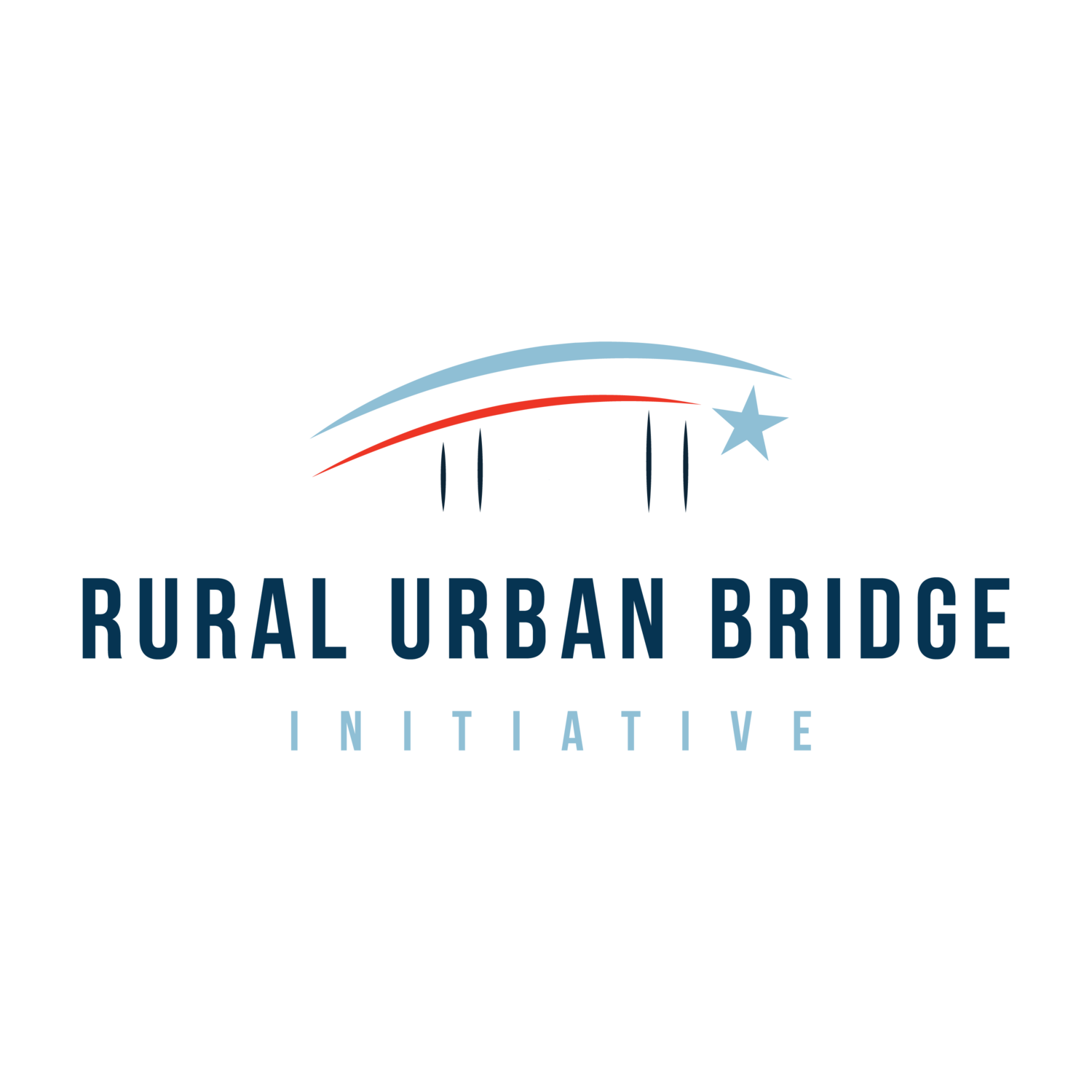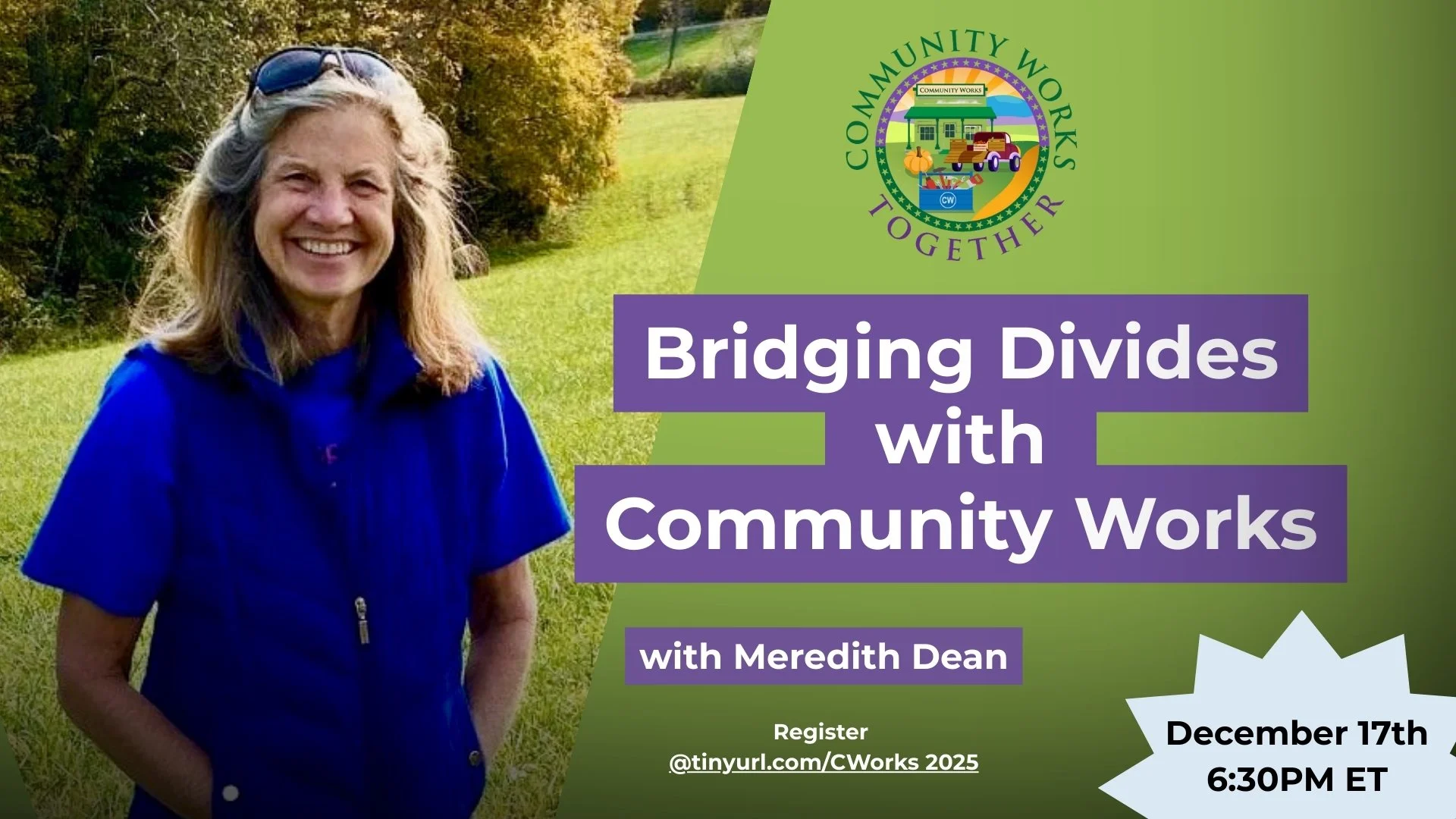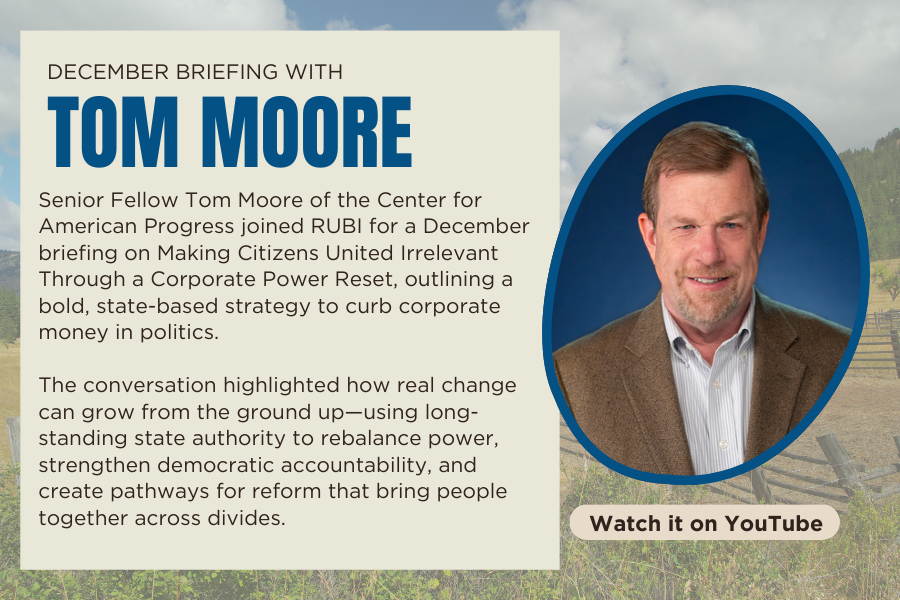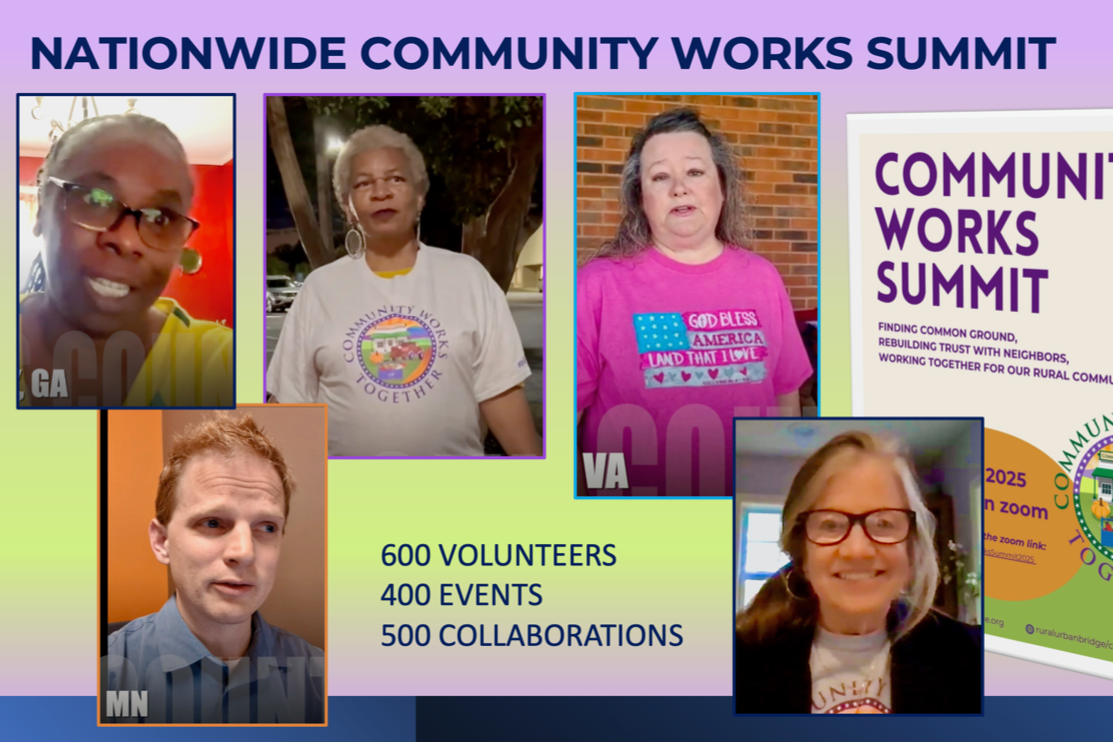
The Rural Urban Bridge Initiative invites all of us to think differently, talk differently and act differently in order to understand the causes of the rural-urban divide and then do something to repair it. We develop political, economic and communications strategies that build bridges and serve the common interests of all working and middle class Americans.
To preserve our democracy and rebuild our fractured nation, we need a broader, more united movement—one that lifts up working-class people across race and geography.
Join us in building a future that puts everyday people first.
Here’s how you can get involved
Our Work
-

Trainings and Briefings
We deliver trainings that get to the bottom of the rural-urban divide and how Democrats lost rural and working-class voters, and provide actionable strategies.
Our monthly briefings on topics related to rural-urban polarization and rural politics feature thought leaders in politics, media, communications, and academia.
-

Community Works
While politicians in Washington are fighting partisan battles, we are finding common ground.
Community Works chapters partner with local civic, church, school, and community groups to strengthen our rural communities and restore trust among neighbors across political differences.
-

Distilling Best Practice
RUBI has produced a series of manuals on how to run non-polarizing, issue-based campaigns in rural districts and how to communicate effectively with rural voters.
Our guidance is based on original research as well as research conducted by pollsters, academics and strategists.
-

Policy Solutions
The Rural New Deal is a positive vision for a fair economy for everyday people and a pragmatic blueprint for how we can help build rural prosperity.
The RND was co-authored by RUBI and Progressive Democrats of America with input from rural development practitioners, advocates and leaders.
Campaigns
-

Reform the Democratic Party from the Bottom Up
RUBI is leading a coalition of rural, progressive and Democratic organizations to urge the new Chair of the Democratic National Committee to substantially shift the Party’s time, attention and funding into rural and working-class communities.
-

Beyond Resistance: Reclaiming our nation for the workers who build it
To preserve our democracy and rebuild our fractured nation, we need a broader, more united movement—one that lifts up working-class people across race and geography.
Join us in building a future that puts everyday people first.
The Latest








